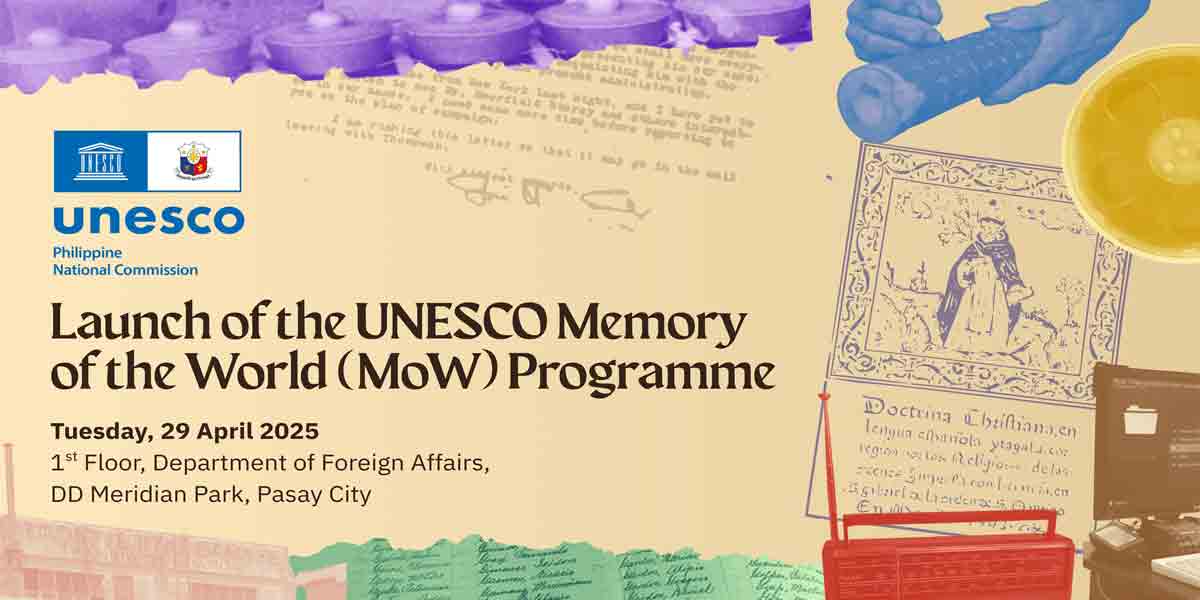 By Engr. Ray Adrian C. Macalalag
By Engr. Ray Adrian C. Macalalag
The government has two sets of workers: the leaders (politicians and their political appointees) and the civil servants. Civil servants serve all citizens and must be highly skilled individuals who achieve their positions by merit and operate in the interest of the general public.
Life is unfair and, in the Philippines, it can be worse.
I remember way back in my high school days where we are taught to pursue knowledge, to fight for what is right, to be passionate in our craft, and to love our country. This was further reinforced when I entered and led a university-wide publication where I could bluntly say that the pen is mightier than the sword. At that same period, I could recall meme-worthy disappointments of people who work in the government. From carelessly edited photographs of conducting site inspections along Manila Bay to a senator turned traffic enforcer who looked absolutely clueless of what he was doing. It seemed as if the government was a joke, my younger inexperienced self said. I even vowed not to join the ranks because I did not want to be part of that joke.
The joke was on me.
I am working in the government. This is my first tenured job. And from a shy person of being a government worker, I slowly embraced it when I met great people along the way within the agency where I belong and those whom I met in trainings, conferences and seminars. Some are even fellow campus journalists from other schools who chose to work for the government. I saw a great deal in myself and others becoming catalysts of change in nation-building. This was until I clearly saw the line.
In coming up with the government budget (in a nutshell), each government agency has to prepare what we call the budget proposal to the Department of Budget and Management (DBM). Then with the aid of the competent people of DBM the President and the Cabinet come up with the National Expenditure Program (NEP). The NEP then undergoes deliberation in the Congress – the Lower House scrutinizes and sees to it only priorities and those authorized are funded until they establish the House General Appropriations Bill (HGAB). The Upper House also gets an equal opportunity to inspect each item being funded. This is followed by a bicameral deliberation of the legislature and finally, the bill is passed for the President’s approval and enactment into law.
This gives a very basic but clear picture of who really has a say on what the government’s priorities are. Though people in the government agencies could prioritize what their competent and qualified staff are proposing in terms of programs, projects and activities, what the Filipino people will get is what the legislature, and eventually the President, has sifted.
This comes to a realization on my part, the government has two sets of workers: the leaders (politicians and their political appointees) and the civil servants. I belong to the latter. Civil servants, as definitions suggest, serve all citizens and must be highly skilled individuals who achieve their positions by merit and operate in the interest of the general public.
Meanwhile, the other set are those who earn their posts by election and by appointment, respectively, with minimum requirements like age and nationality mandated by the Constitution.
Currently, we are being smashed by one typhoon and then the next. It seemed like the Philippines is the unluckiest for 2020, adding more salt to the open wounds caused by COVID-19. Social media has gone wild and blames the government for all this.
While it is politically correct to say that the government is behind all this suffering, it is more prudent to look for the root-cause – decision-makers. Civil servants can only do so much but at the end of the day, no matter how much empowered we are, the biggest and grandest change can only be done by our leaders. We can only recommend (or rant) but what has to be followed is theirs. They even seldom give credit where it is due when a civil servant is behind their successful programs.
This is not to generalize all of our leaders. While we have some exemplary leaders who have been with the citizenry through thick and thin, who have been faithfully delivering their duty to the Filipino people, we have a handful of those who are otherwise. Besides, quarantine violations can lead you to a higher post, being merely friends yet not really qualified gets you places, and being up there gets you more privileges unimaginable like being able not to share your statement of assets, liabilities and net worth.
Civil servants have had a fair share of the blame of why Filipinos believe their government has failed them just because they belong to the bureaucracy. Sometimes, I just feel guilty because on a personal note, I believe that Filipinos deserve more and we, the young visionaries of the government, are committed to giving them just that.
If you are a civil servant, always choose integrity over political reciprocity. Be loyal to the people and their interests. Love your work as if the Filipino people lies in your hands.
So the next time you, the people, are disgruntled with what is happening, think of us. Think of us civil servants who continue to strive in making a better Philippines. Think of us civil servants who studied hard and worked hard to deserve our positions. Think of the minority of great leaders who stand firm with the interest of public service over personal gain.
Hold those who must be accounted for accountable. The government is by the people, of the people most importantly, for the people.
The author is a Filipino licensed civil engineer who specializes in highway safety and planning. He worked for the Department of Public Works and Highways before moving to National Economic and Development Authority as a senior policy and planning specialist. Follow him at https://ilonggoengineer.com





















